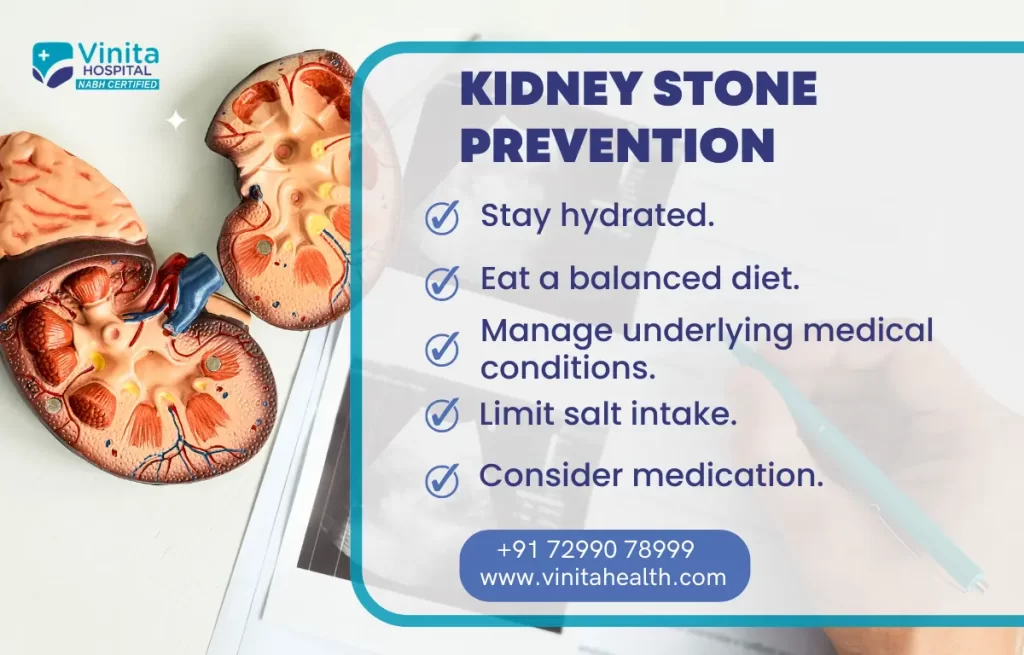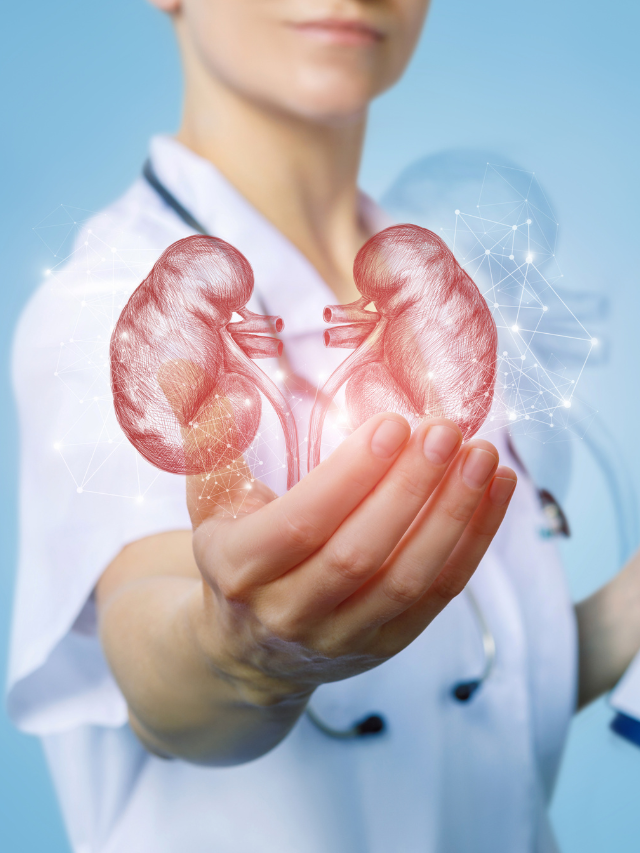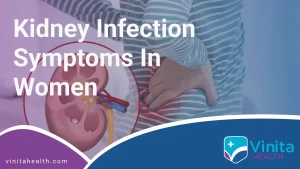Kidney stones are hard deposits that form in the kidneys and can cause significant pain and discomfort. For kidney stone prevention, it is important to make certain lifestyle changes and avoid certain foods and drinks.
Dos of Kidney Stone Prevention
By following these dos, you can reduce your risk of kidney stone formation and maintain good kidney health. Here are the key dos:
Hydration
The most important thing you can do to prevent kidney stones is to drink plenty of water. Aim for at least 2 liters (8 cups) of water a day, or more if you are physically active or live in a hot climate. Staying hydrated helps flush out excess minerals and salts from your kidneys, reducing the risk of stone formation.
Calcium-Rich Foods
Calcium is important for strong bones and teeth, but it also aids in kidney stone prevention. When you consume calcium from food, it binds with oxalate in the gut, reducing the amount of oxalate that is absorbed into the bloodstream. Calcium-rich content foods include dairy products, leafy greens, and tofu.
Limit Oxalate-Rich Foods
Oxalate is a compound that is found in many foods, and when it accumulates in the kidneys, it can lead to the formation of stones. To reduce the risk of oxalate stones, and to consider things to avoid with kidney stones, limit your intake of foods high in oxalate, such as spinach, nuts, chocolate, and coffee.
Reduce Salt and Animal Protein
High salt and animal protein intake can increase the amount of calcium in your urine, increasing the risk of stone formation. To reduce your risk, limit your salt intake to no more than 2,300 milligrams per day, and choose plant-based protein sources over animal protein sources.
Physical Activity
Regular physical activity can help prevent kidney stones by promoting healthy weight and urine output. At least do 30 minutes of moderate physical activity most days of the week.

Don’ts of Kidney Stone Prevention
Listed below are the key don’ts for preventing kidney stones.
Don’t Skip Water Intake
Staying hydrated is crucial in preventing the formation of kidney stones. Aim to drink at least 8 glasses of water a day to flush out the toxins from your body.
Don’t Consume High Levels of Salt
Too much salt in your diet can increase the amount of calcium in your urine, which can lead to the formation of kidney stones. Reduce your salt intake to prevent this.
Don’t Drink Too Much Sugar-Sweetened Beverages
Soft drinks, sports drinks, and other sugar-sweetened beverages are high in sugar and can increase the risk of developing kidney stones. Choose water or unsweetened drinks instead while considering the things to avoid with kidney stones.
Don’t Eat a High-Oxalate Diet
Oxalate is a naturally occurring substance that can contribute to the formation of kidney stones. High oxalate foods for does not help in kidney stone prevention. These include spinach, almonds, beets, chocolate, sweet potatoes, and peanuts.
Don’t Consume Excessive Animal Protein
A high-protein diet can increase the amount of uric acid in your urine, which can lead to the formation of kidney stones. Limit your consumption of red meat, poultry, and fish to prevent this.
Don’t Ignore Symptoms
If you experience any symptoms of kidney stones, such as severe pain in your lower back or sides, nausea or vomiting, or frequent urination, seek medical attention promptly.
Don’t Ignore Medical Advice
If you have a history of kidney stones, your healthcare provider may recommend dietary changes or medications to prevent future episodes. Follow their advice carefully to reduce your risk of developing new stones.
Conclusion
In conclusion, making these changes to your diet and lifestyle can help kidney stone prevention and ensure your overall kidney health. If you are unsure about what changes to make or how to best prevent kidney stones, consult a healthcare professional for guidance.
Read also Kidney Stone Laser Treatment in Chennai.






